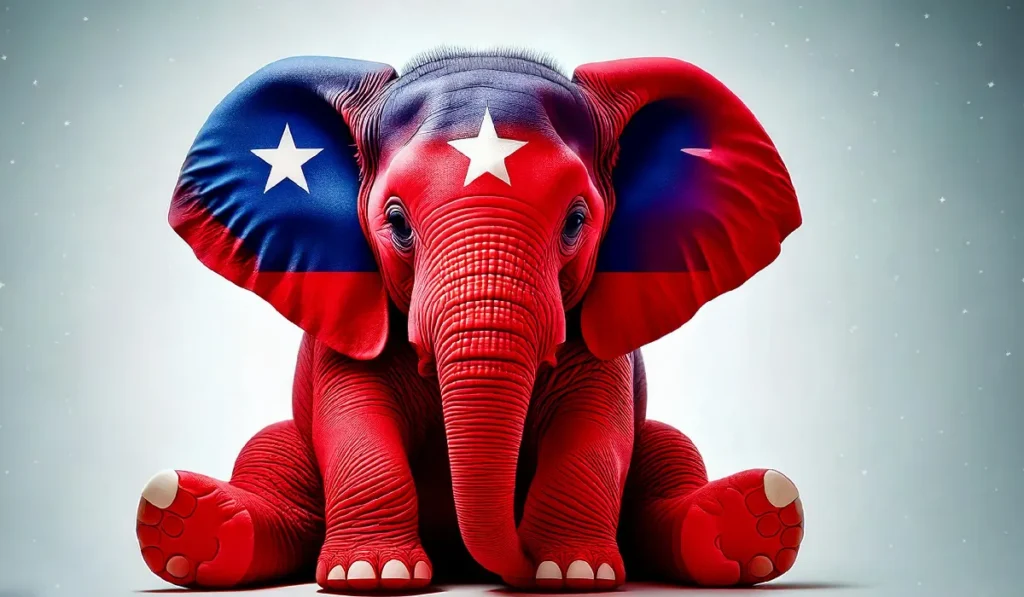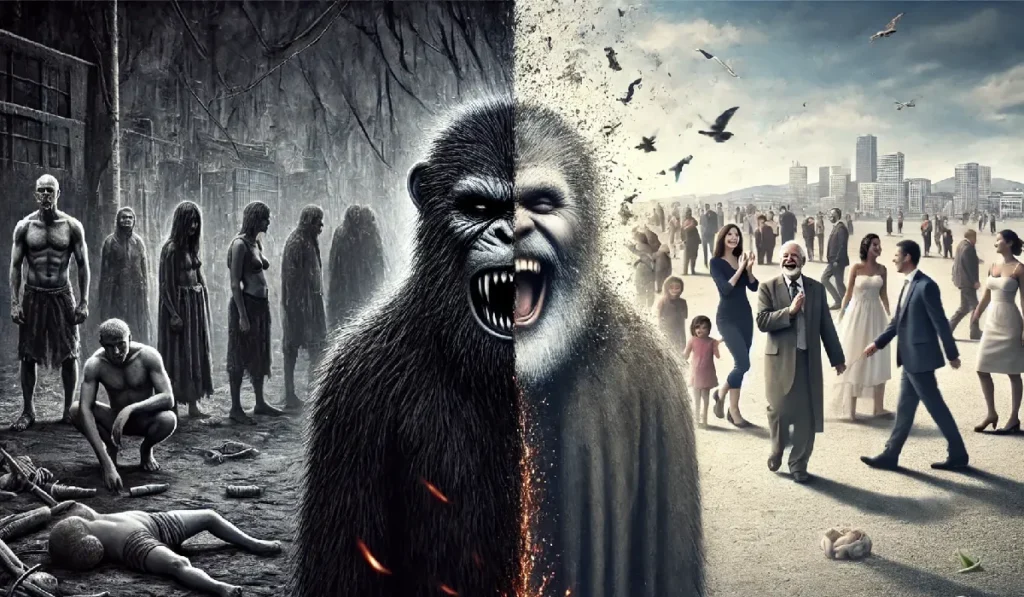
The following description of the relationship between contracting parties can be applied to all levels of life and is the basis of the rationality of love.
When contracting parties agree on a contract, this is sometimes done from an attitude that has the following as its goal:
Attitude 1: Give as little as possible and take as much as possible.
There is also the opposite attitude:
Attitude 2: Take as little as possible and give as much as possible.
Both attitudes are limited by the respective possibilities and in the negotiation of a balance of interests. The possibilities are usually characterized by costs plus profit markup. Usually, the exchange of services is in the range that can be called normality.
The first attitude tends to be criminal insofar as it leaves the realm of normality (escalation point: to take everything and give nothing).
The core of “Western” economic theory was significantly influenced by Milton Friedman, among others, who emphasized the freedom of markets and their balance in competitive struggle as the basis. The Darwinian view of the economy (survival through adaptation) in combination with the assertiveness of the strongest has brought high efficiency, but also enormous distortions of markets, which often run in a “wrong” direction for a long time. However, if the mistake is that the “strong” deceive the market, as for example in smoking or in the climate crisis by enormously powerful corporations, then very high and sometimes irreparable damage is caused, at least for those who were killed and beyond. Where completely unregulated markets can lead can be seen in the manifold, extremely high damages, such as the crisis of 2008/2009. A market that is as free as possible is desirable, but it cannot do everything, but it can also lead to unjustified and very dangerous imbalances and bring about its own destruction by oligarchy or monopolies if it remains completely unregulated, which can encourage criminal tendencies of overpowering market participants.
The term criminal in this context goes beyond the usual term. What is meant here is that not only state-set norms are violated, but generally others are deliberately harmed for their own benefit. This can also be done within the framework of the law. For example, many actions, such as certain company takeovers or the convictions of opposition members in Russia under Putin, were probably covered by laws, but led to unreasonable attacks and damage up to the economic or general destruction of the existence of the other.
The second attitude tends to be oriented towards the realization of the previously discussed relationship structure of love and appears illusory at first (escalation point: give everything and take nothing (gift)). Nevertheless:
It is the attitude towards children, which is naturally given to people in their social relationships as father and mother, which has exactly this objective and is implemented billions of times every day in this world. An attitude, in other words, from which as much as possible is given and as little as possible is demanded for oneself.
The second attitude is therefore not a rare phenomenon of illusionary weirdos, but is deeply rooted in human nature and culture, which can also be found in other (often unpaid) commitment in this world.
The second attitude represents the difficult paradox that man should make his life a happy and fulfilled life precisely by relativizing his own life (up to the sacrifice).
Since man is relationship, as defined above, he cannot escape it. He is forced to develop the relationship with himself and with others and other things into a continuous process of practice and care (culture). In ancient Greek, practice means “askein”, which appears with a certain shift in meaning in the word ascetic.
The separation from the egoisms of adolescent selfishness is generally seen as a maturation process in the transition to becoming a responsible adult.
As described above, anxiety is involved in this separation. An anxiety of losing oneself, of possibly having to give up oneself in one’s current, newly won identity, of having to change and classify.
Therefore, rebellion often arises out of this anxiety against such claims.
After birth, the human being is assured of survival in a largely motionless and completely speechless dependence in the relationship with his or her caring parents. And only slowly is he able to embed a relationship with himself in this basic first relationship structure. Thus, from a previously untapped world of language and culture, which is shaped by this fundamental relationship structure, an increasing awakening and opening up of his individual history emerges.

